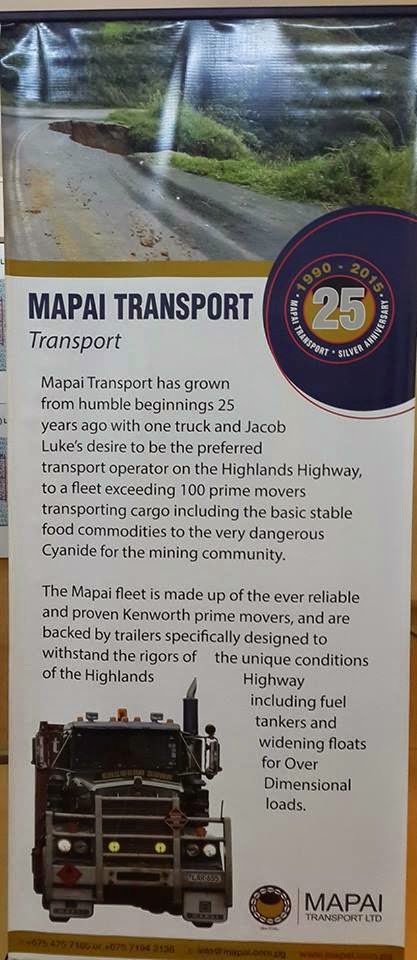Sonja Barry Ramoi
04/03/2013 12:27
By Fr. Franco Zocca SVD – Melanesian Institute (Goroka)
My interest in Islam stems from the 14 years I worked in Indonesia, where the great majority of the population is Muslim. When I came to PNG 20 years ago I set aside my interest in Islam since I thought there were no Papua New Guinean Muslims.
I discovered that Islam had arrived in PNG about 15 years ago when I read a newspaper report that a mosque had opened near Kimbe in West New Britain. I visited it, and to my surprise, found that the new Muslim converts were Simbu people—originally Catholic—who worked on an oil palm plantation. I was even more surprised to learn that that they belonged to an Islamic reformist movement founded in India in the late 19th century called Ahmadiyya, after the name of its founder.
Later, I discovered that those Simbus were not the first Papua New Guineans to turn to Islam. The registration of the Islamic Society in PNG in December 1983 confirmed Islam as a permitted religion and from that time on, expatriate Muslims began recruiting (da’wah) locally. By 1986 four Papua New Guineans had pronounced the Sahadah (Act of Faith) and become followers of Islam. The first was a young man from Bougainville, who was given the Arabic name Bilal, which means “dark”. Four years later, according to the 1990 census,
04/03/2013 12:27
By Fr. Franco Zocca SVD – Melanesian Institute (Goroka)
My interest in Islam stems from the 14 years I worked in Indonesia, where the great majority of the population is Muslim. When I came to PNG 20 years ago I set aside my interest in Islam since I thought there were no Papua New Guinean Muslims.
I discovered that Islam had arrived in PNG about 15 years ago when I read a newspaper report that a mosque had opened near Kimbe in West New Britain. I visited it, and to my surprise, found that the new Muslim converts were Simbu people—originally Catholic—who worked on an oil palm plantation. I was even more surprised to learn that that they belonged to an Islamic reformist movement founded in India in the late 19th century called Ahmadiyya, after the name of its founder.
 |
| Muslim Congregation Hohola, Port Moresby |











